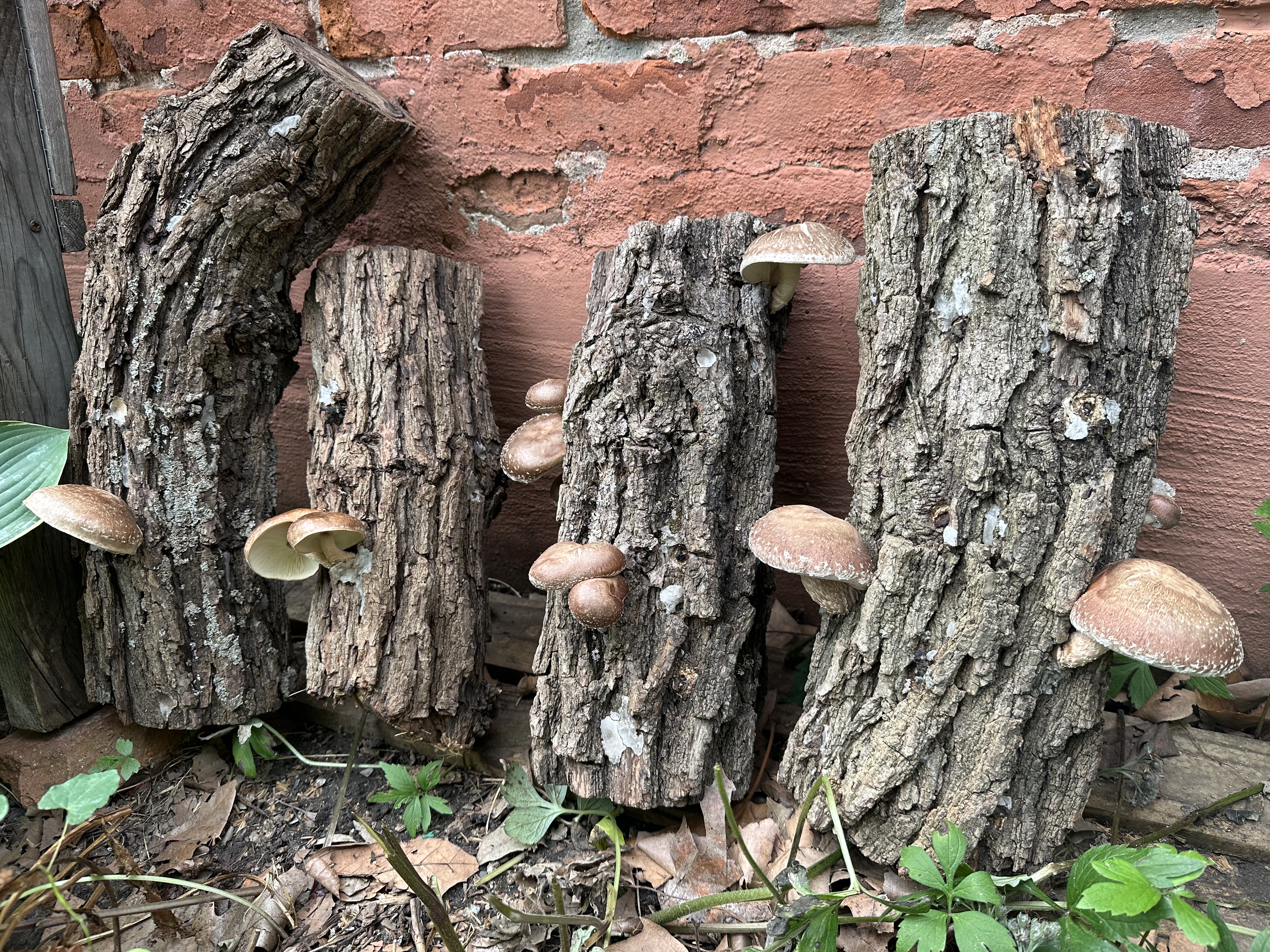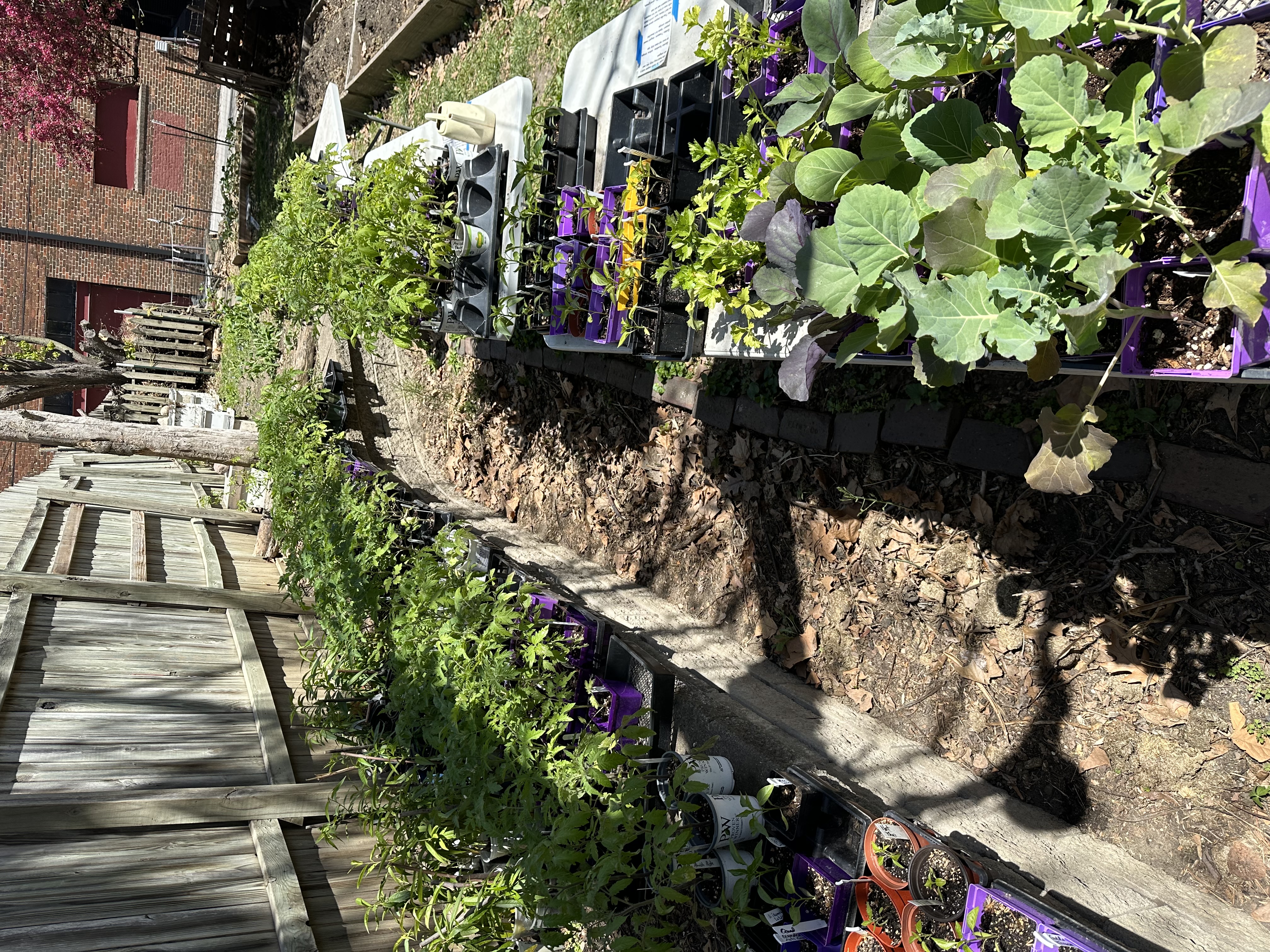
Mushrooms shed new light on death
In my early 20s, I was briefly fascinated by a series of books written by Carlos Castaneda. Castaneda wrote about a shaman’s use of plant-based psychedelics (specifically peyote and jimsonweed) to aid truth-seekers in their quest for spiritual growth. Regardless of the veracity of Castaneda’s work (a 1973 Time story described him as “an enigma wrapped in a mystery wrapped in a tortilla”), I found the content of his writing fascinating, even alluring.
That said, I was never tempted to experiment with psychedelic plants. For me life was, and continues to be, interesting enough without the ingestion of mind-altering substances.
But my perception of the topic received a jolt during this week’s conversation with Dr. Charles Goldman, my good friend and frequent cohost.
Charles is a cancer surgeon and recently retired as the head of palliative care at Mercy Hospital in Des Moines. In the course of our discussion about psilocybin (a.k.a., magic mushrooms), Charles shared a perspective I’d never considered: Perhaps a psychedelic experience with psilocybin doesn’t simply alter one’s perception but actually allows one to access elements within the brain that normally are suppressed in preference to our frontal lobe “executive” functions. Perhaps psilocybin allow users to experience things that are just as “real” as the day-to-day human experience but are simply not interpretable via logic and cognition. Continue Reading →

